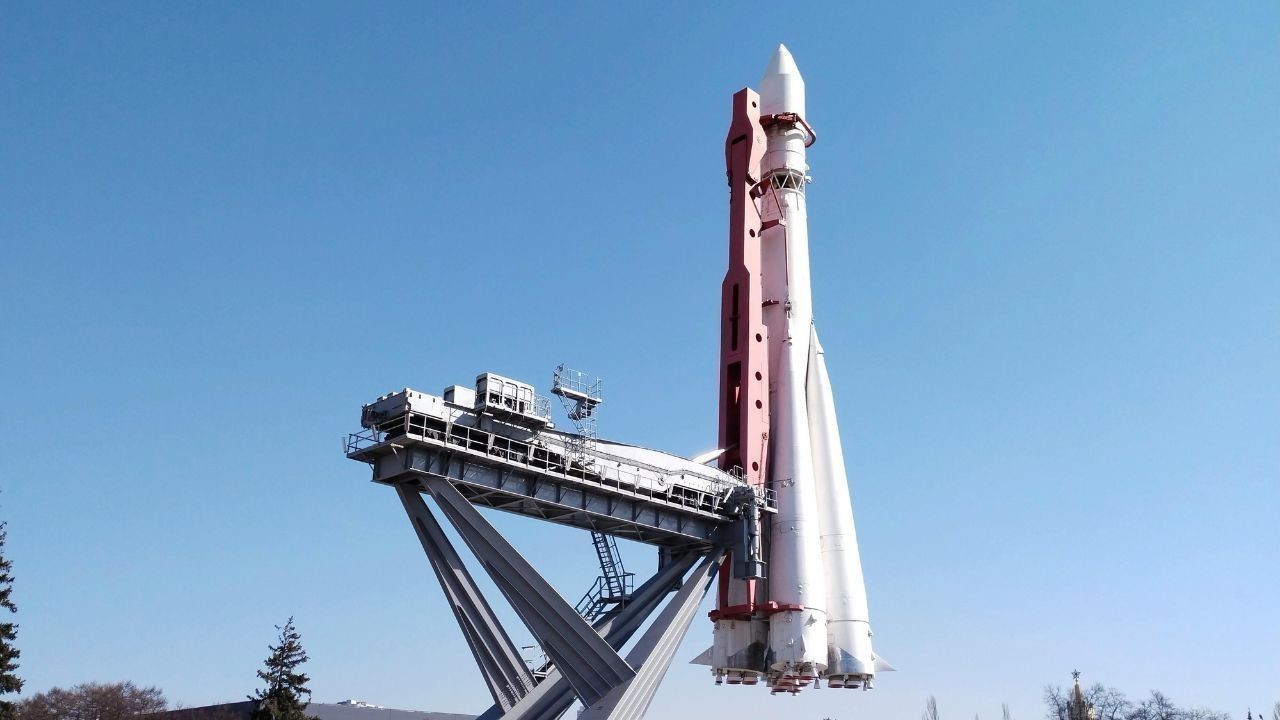
Post by : Zayd Kamal
The world is on the brink of a transportation revolution, and at the heart of it is the rise of self-driving cars. These autonomous vehicles, powered by cutting-edge artificial intelligence and advanced sensors, promise to redefine how we travel, commute, and even live. But with great innovation comes great responsibility—and even greater questions. Are we truly prepared for a world where cars drive themselves? Let’s explore the technology, benefits, challenges, and readiness of society for this bold leap into the future.
Self-driving cars rely on a combination of advanced technologies, including AI algorithms, LiDAR sensors, radar, GPS, and high-definition cameras. These systems work together to process data in real-time, allowing vehicles to detect obstacles, follow traffic rules, and navigate complex road conditions without human intervention.
Companies like Tesla, Waymo, and General Motors are leading the charge in the autonomous vehicle industry. Levels of automation range from partial assistance (like adaptive cruise control) to full autonomy, where no human input is required. While the technology has made impressive strides, achieving total reliability remains a challenge.
The appeal of self-driving cars lies in their potential to transform transportation as we know it. One of the most significant advantages is safety. Over 90% of car accidents are caused by human error, including distracted driving and fatigue. Autonomous vehicles could drastically reduce these accidents by eliminating the human factor.
Another benefit is increased efficiency. With optimized routes and reduced traffic congestion, self-driving cars could save both time and fuel. Ride-sharing services using autonomous vehicles could lower transportation costs and make travel more accessible for those who cannot drive, such as the elderly or disabled individuals.
Environmental benefits are also noteworthy. Many self-driving cars are electric, reducing carbon emissions and supporting global efforts to combat climate change.
Despite the promises of self-driving cars, significant challenges remain. One of the foremost concerns is safety. While autonomous vehicles have logged millions of miles in testing, rare but high-profile accidents raise questions about their reliability. Can they handle unpredictable scenarios like sudden road debris, erratic human drivers, or extreme weather conditions?
Legal and regulatory hurdles also complicate matters. Laws governing autonomous vehicles vary by region, and there is a lack of unified global standards. Questions about liability—who is at fault in an accident involving a self-driving car—remain unresolved.
Another concern is cybersecurity. As connected devices, autonomous cars are vulnerable to hacking. A single breach could have catastrophic consequences, from endangering lives to compromising personal data.
Public perception is yet another obstacle. Many people remain skeptical or fearful of giving up control to a machine, especially when it comes to something as personal and high-stakes as driving. Building trust will take time, transparent communication, and flawless execution.
The readiness of society for self-driving cars depends on several factors. First, infrastructure must catch up to the technology. Autonomous vehicles rely on clear road markings, reliable GPS signals, and smart traffic systems to function effectively. In many parts of the world, these prerequisites are not yet in place.
Second, public education is essential. Understanding how self-driving cars work, their benefits, and their limitations will be key to overcoming resistance and fostering adoption.
Finally, affordability plays a crucial role. Currently, autonomous vehicle technology is expensive, limiting its accessibility to a select few. Mass adoption will require cost reductions and wider availability.
So, is the world ready for self-driving cars? The answer lies in a careful balance between innovation and preparedness. While the technology is advancing rapidly, addressing the challenges of safety, regulation, infrastructure, and public trust is essential before we can fully embrace a driverless future.
As we move forward, collaboration among governments, tech companies, and communities will be critical in shaping a future where autonomous vehicles can thrive. For now, self-driving cars remain an exciting glimpse of what’s to come, reminding us of the immense potential of technology to transform our lives.
The article delves into the transformative potential of self-driving cars, highlighting their reliance on advanced technologies like AI, sensors, and GPS to operate autonomously. It explores the numerous benefits, including increased road safety, reduced traffic congestion, environmental advantages, and enhanced accessibility for non-drivers. However, significant challenges remain, such as ensuring safety in unpredictable scenarios, navigating legal and regulatory hurdles, and addressing cybersecurity risks. The article also discusses the importance of public trust, infrastructure readiness, and affordability in paving the way for widespread adoption of autonomous vehicles. It concludes that while self-driving cars hold immense promise, a collaborative effort across industries and governments is crucial for a seamless transition into a driverless future.
This article is intended for informational purposes only. The views and opinions expressed do not necessarily reflect those of DXB News Network. Readers are encouraged to consult with experts and rely on official sources for decisions related to autonomous vehicles and their adoption. DXB News Network is not liable for any reliance placed on the information provided herein.

Iran Strikes UAE, Qatar & Saudi Arabia After US-Israel Attacks
Iran launches missile strikes on Abu Dhabi, Dubai, Doha & Riyadh after US-Israel attacks, killing 1

Dhruti Vrajesh Shah: Painting Confidence, Culture, and Courage from Dubai
Discover the inspiring journey of Dubai based young artist Dhruti Vrajesh Shah and her rise as a con

UAE Condemns Missile Attacks, Warns of Response
UAE strongly condemns missile attacks on its territory and regional nations, reaffirms right to resp

UAE Education Experts Call for Responsible AI in Schools
On Emirati Education Day 2026, UAE experts said AI must support learning, not replace thinking, as s

UAE Foils Iranian Missile Attack, One Civilian Dies
UAE air defenses intercepted Iranian missiles. Debris caused minor damage and one civilian death. Si

UAE on High Alert, Ensures Public Safety Nationwide
UAE Ministry of Interior confirms highest readiness level, urges public to rely on official sources

Trump Announces Major US Combat Operations in Iran
President Donald Trump says US forces have launched major combat operations in Iran to destroy missi

Bank of Baroda Faces Abu Dhabi Legal Battle over NMC Collapse
Bank of Baroda’s involvement in Abu Dhabi litigation tied to the NMC Healthcare collapse raises repu

Top Museum Openings of 2026 Set to Transform Global Tourism
From Los Angeles to Abu Dhabi and Brussels, 2026 brings major museum launches—Lucas Museum, Guggenhe

UAE Tour Highlights UAE’s Strength in Hosting Global Sports Events
Abu Dhabi Sports Council says the successful UAE Tour reflects the UAE’s leading role in hosting maj

EU Seeks Clarity from US After Supreme Court IEEPA Ruling
European Commission urges full transparency from the US on steps after Supreme Court ruling, emphasi

SpaceX Launches 53 New Satellites for Expanding Starlink Network
SpaceX launches 53 Starlink satellites in two Falcon 9 missions, breaking reuse records and expandin

RTA Awards Contract for Phase II of Hessa Street Upgrade in Dubai
Phase II of Hessa Street Development to add bridges, tunnel, and upgraded intersections, doubling ca

UAE Gold Prices Today, Monday 16 February 2026: Dubai & Abu Dhabi Updated Rates
Gold prices in UAE on 16 Feb 2026 updated: 24K around AED 599.75/gm, 22K AED 555.25/gm, and 18K AED

Over 25 Ahmedabad Schools Receive Bomb Threat Email, Authorities Investigate
More than 25 schools in Ahmedabad evacuated after bomb threat emails mentioning Khalistan. Authoriti